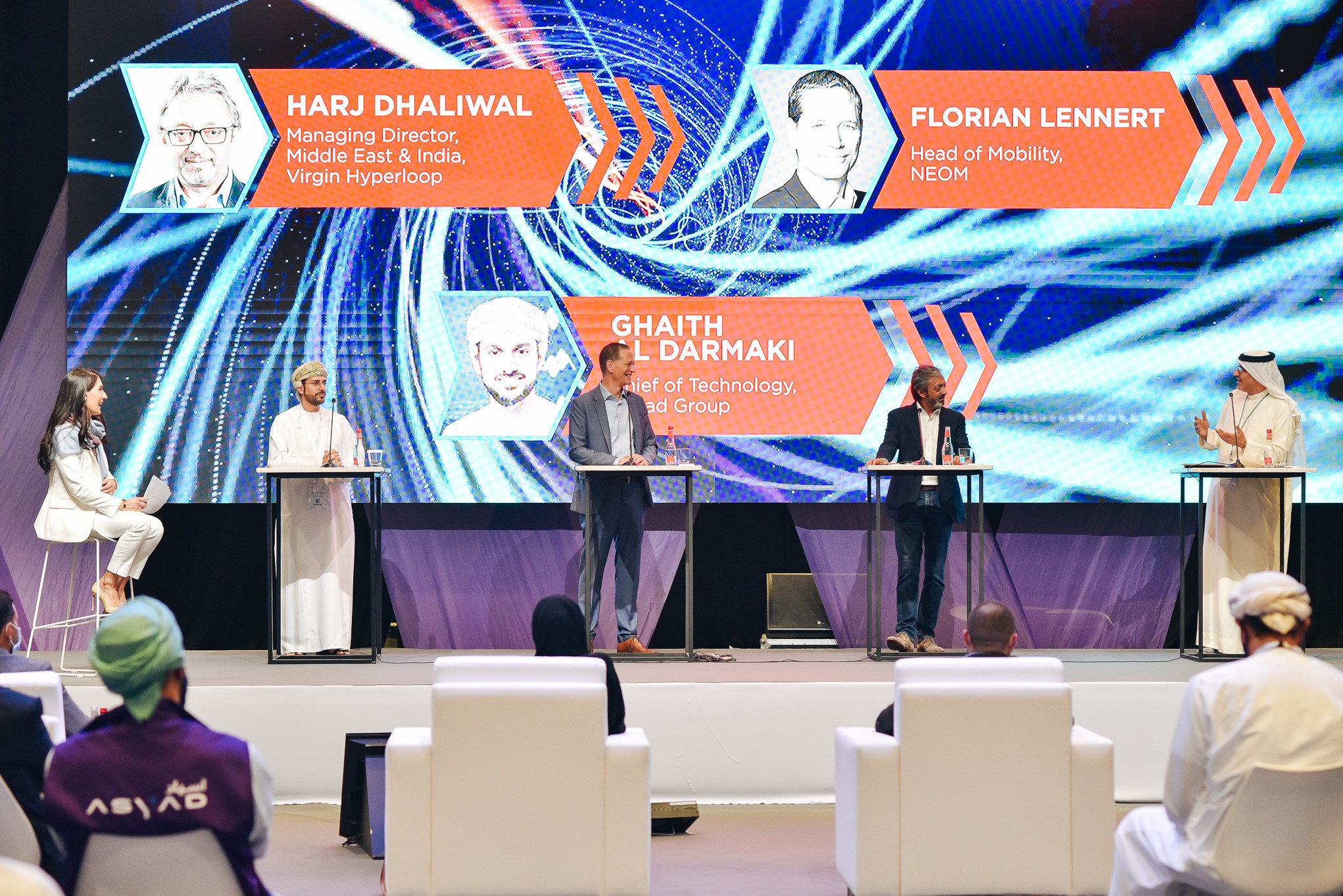
World supply chain woes to ease early 2022
World supply chain woes to ease early 2022

The current woes stress testing international supply chains will be over early next year, according to Mohsen Ahmed, CEO-Logistics, Dubai South. Addressing Hypermotion Lab – one of three unparalleled industry conferences at Hypermotion Dubai, the Middle East edition of the German-initiated industry convex which reimagines the transportation and logistics industries
Ahmed defined 2021 as the “independenceday” for the logistics industry.
Benzer Konular
Consigning current global logistics dilemmas to pandemic-induced disruption in labour forces, container shortfalls and equipment shortages, Ahmed said; “We are now moving. The current supply chain disruption is a short-term scenario. In 2022 things will normalize and will ease up in transportation across the globe.” Dubai, said Ahmed, was able to largely side-step the logistics problems largely due to the agility of Emirates Airline which quickly converted some of its passenger capacity to cargo at the outbreak of Covid-19. Other companies which emerged largely unscathed, he said, were those
who had embraced digitalization pre-pandemic; “They stood out for their quick response providing good visibility on inventory and transportation,”he added. Hypermotion Lab, which runs within Hypermotion Dubai at the spectacular new Dubai Exhibition Centre at Expo 2020 until November 4, has unveiled a blueprint for the future logistics and urban
transportation industries with experts proffering a range of innovations currently being progressed.

Virgin Hyperloop’s cargo and logistics hopes
Harj Dhaliwal, Managing Director, Middle East & India of Virgin Hyperloop disclosed the company is currently working with DP World to move into the cargo and logistics sectors alongside passenger transport. “The pandemic exacerbated consumer behaviour where we want things now to be delivered in hours, not days or weeks, which has supercharged the e-commerce sector. There is a need to grow express freight and we are looking at how we can translate this into opportunity
using technology like ours and we are working with DP World to see how we can move now into cargo and logistics,” he explained.
He added: “Eight to 10 years from now autonomous vehicles will drive efficiencies because they will connect trunk lines and integrate into the overall satellite system to be able to handle routing.” Multi-Modal passenger and logistics the future for urban sustainability
Florian Lennert, Head of Mobility for NEOM – Saudi Arabia’s new future linear city – said multi-modal passenger and freight systems would define the future and help control traffic and emissions in an age of
pressing sustainability demand.
“There are problems emerging from the rise in e-commerce and an immediate demand in that too many trucks can be delivering too little too often. We have to bundle this in some way. We have to advance mobility to build liveable cities, which will mean looking at the urban design side to deliver cities with 10-minute access and use of urban air mobility
technology including drones,” he said.

